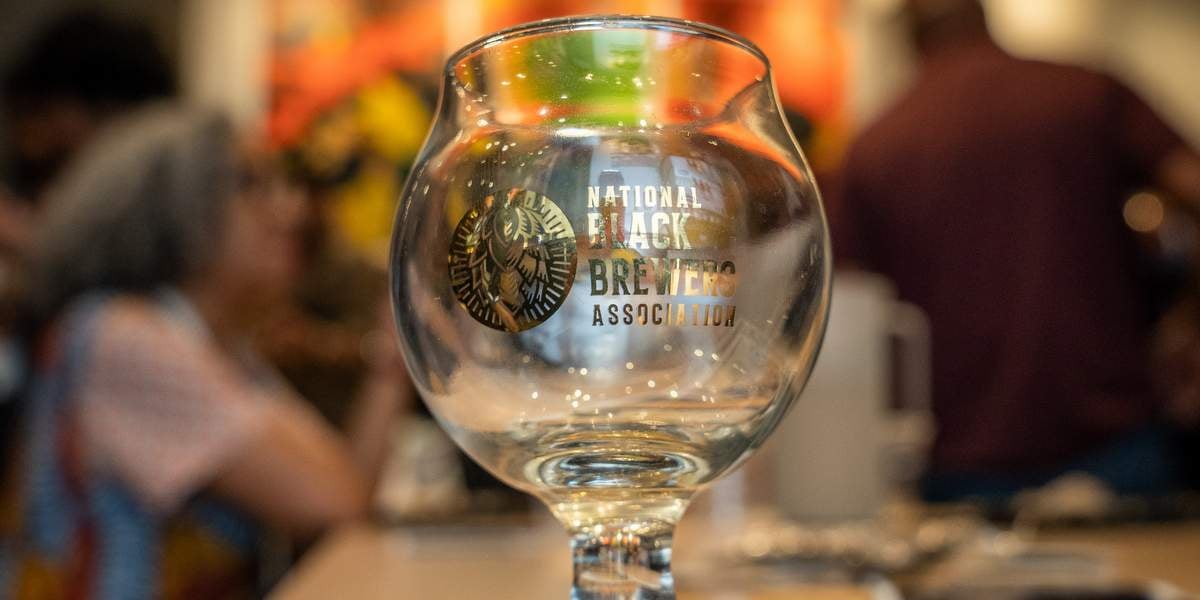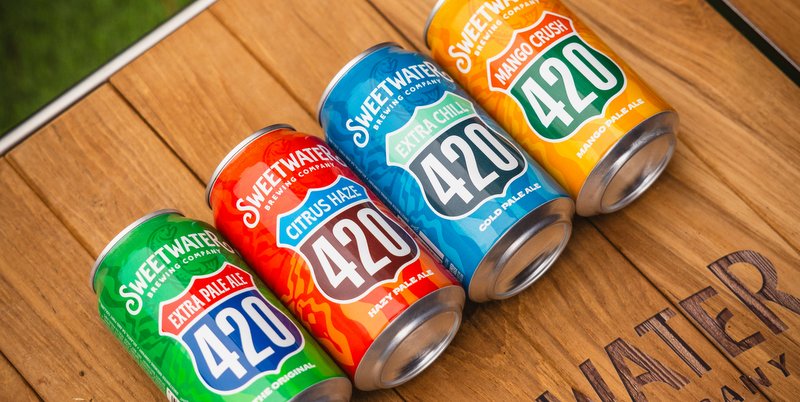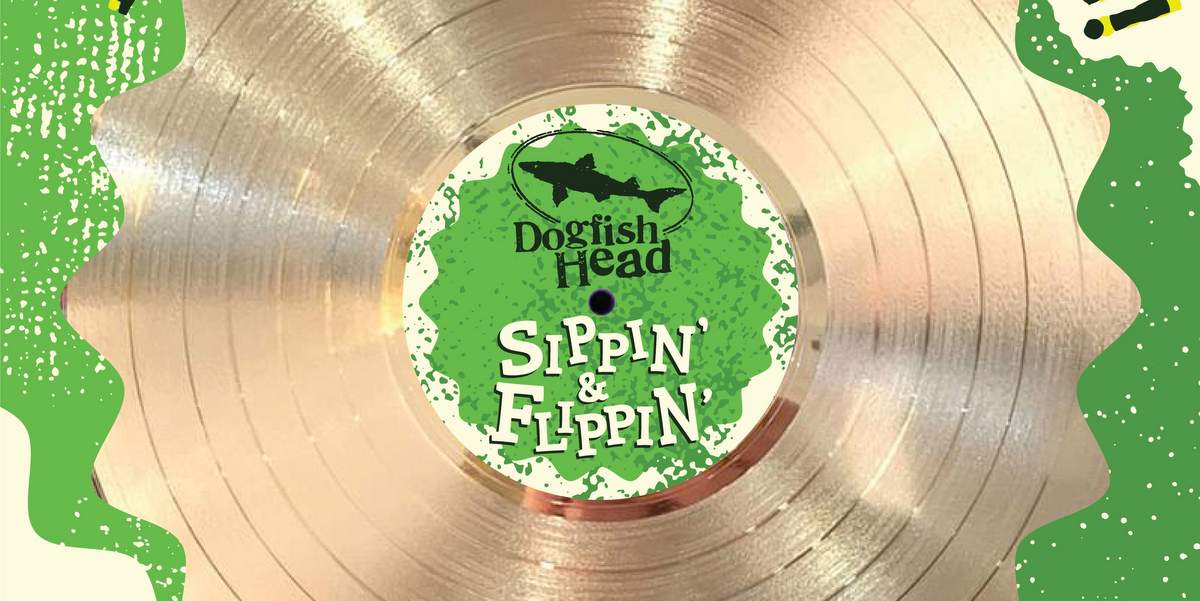
The relationship between craft brewer and distributor reminds me of pro wrestling. One day, the two sides are babyfaces, tag teaming to sell beer and giving high fives; then the next day, one side hits the other with a steel chair out of nowhere and starts a months-long feud. Then, maybe a year later they just team up again for no reason. In Massachusetts right now, we are in that steel chair part of the video montage.
We first heard about House Bill 245 from a press release sent our way from the Beer Distributors of Massachusetts after the group gathered at the Massachusetts State House last week to voice its concerns. The release stated:
“Established, big breweries are the only ones that stand to gain from this proposal,” said Bill Kelley, president of the Beer Distributors of Massachusetts. “Beer distributors, the more than 2,200 jobs they bring, and startup breweries looking to compete will suffer if H245 passes. As the industry recognizes American Craft Beer Week, we are raising awareness on a proposal that could damage our state’s craft beer renaissance.”
Not that we don’t trust what distributors are saying will hurt the craft beer industry, but history tells us these sides don’t often agree on this stuff (see again my pro wrestling lead). So, we sought more info on HB 245.
The status quo in Massachusetts is this: breweries have the freedom to choose who to work with and to what extent, until the six month mark. After six months, craft breweries have a tougher time switching distributors or getting out of contracts. We know that strict distribution contract rules are often not great from the craft brewer’s perspective. What if the brewery’s growth ends up better suited for a different distributor? What if lessons were learned that has altered distribution strategy? What if the two sides just disagree about stuff after awhile? Seems the brewery should have some ability to end that relationship like it could end any other business relationship it has if circumstances dictate it. Well, that’s not the case. A brewery’s success or failure is deeply intertwined with whichever distributor grabbed that last chair when the six month music stopped.
Anyway, this HB 245 was crafted by the Massahusetts Craft Brewers Guild, and this is actually its third go-round hoping to get passed. The bill seeks to allow brewers to change distributors as long as they compensate the distributor for the goodwill that the distributor has created for the product.
BostInno had a great feature breaking this all down. Here is the perspective of the Massachusetts Brewers Guild as cited in that article:
“We are looking for a system that allows us to be able to pick the best business partner possible to further our business just as every other business in every other industry can do,” said [Massachusetts Brewers Guild and president Rob Martin, who is also the president of Ipswich Ale Brewery]. “We’re in the marriage that no matter how dysfunctional it gets, it can never, ever, ever end.”
Not every manufacturer-wholesaler relationship is dysfunctional, of course. And every brand a distributor takes on represents a significant financial investment on their part, in the form of warehouse space, trucks, manpower, advertising, promotions, and the list goes on.
It’s here that Martin thinks HB 245 has found a solution that appeases both sides. If a brewery can establish “good cause” – as it stands, a nebulous and hard to prove qualifier – they can terminate a contract but must offer the distributor “fair market value,” a multiplier of gross sales across the next several years, perhaps up to seven. Effectively, they’re paying handsomely for the right to pay someone else to distribute their products.
Sure, all sides have an agenda here — that’s politics — but this seems reasonable. Obviously, the Beer Distributors do not agree (and not all brewers do either, at least in that aforementioned BostInno feature). To be sure, the value of a quality brewer/distributor relationship is not in doubt here. As the Beer Distributors of Massachusetts noted, a 2014 Boston Consulting Group report highlighted the ability of the current, three-tier beer distribution system to open doors for start-up and local breweries and praised the current beer distribution system, which promotes and delivers brands of all sizes and gives them market access on store shelves and in drinking establishments. The report concludes: “The ability of small brewers to gain access to the marketplace through independent distributors is a major reason that small brewers are able to exist at all.” And the bill seems to recognize this by putting a fairly high price tag on ending this relationship.
Since they sent the press release that led to this post, we will give the Beer Distributors the ending quote.
“Distributors are crucial to the craft beer boom, and breweries and distributors have successful partnerships built around a shared goal,” said Kelley. “No one wants a brewery to succeed more than its beer distributors. Beer distributors are the biggest cheerleaders for breweries of every size. HB 245 limits consumer choice, stifles competition, stops brands from building, threatens good, middle-class jobs, and looks to solve a problem that just does not exist.”
Any Bean Town brewers care to comment? Is this a nice compromise? Is a compromise even needed? Does this somehow unintentionally favor Big Beer companies? Sound off below.





Kevin Douglas Hall liked this on Facebook.